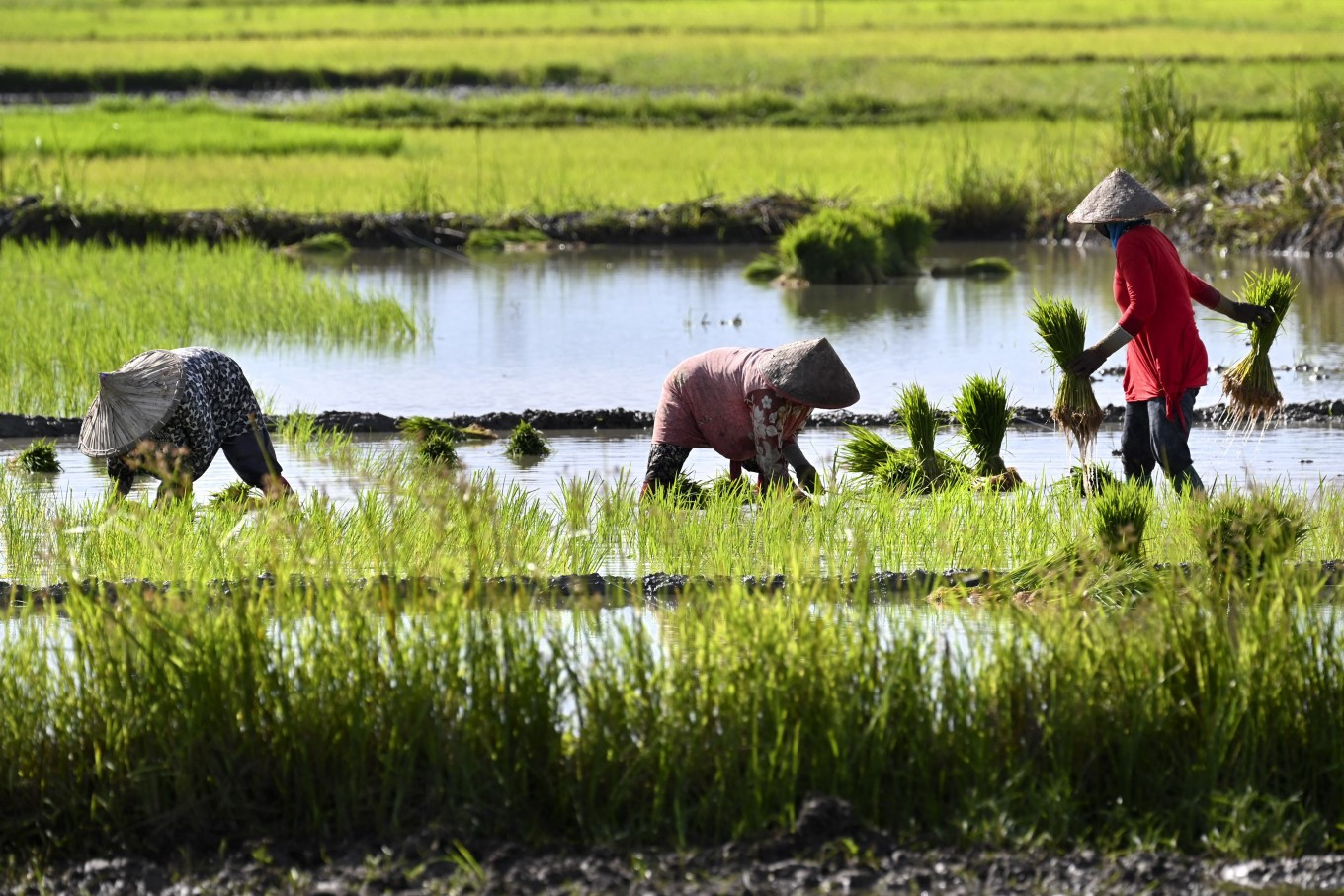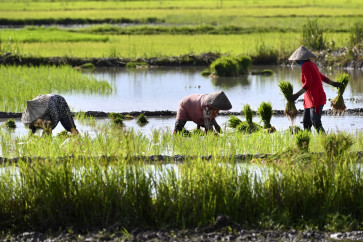Popular Reads
Top Results
Can't find what you're looking for?
View all search resultsPopular Reads
Top Results
Can't find what you're looking for?
View all search resultsWhen food governance becomes a maze
If Indonesia’s food governance is too bureaucratic for the elites, what hope is there for small-scale farmers and communities?
Change text size
Gift Premium Articles
to Anyone
W
hen the president director of a state-backed food company leaves after just six months after his appointment, the issue is rarely about a single individual. Joao Angelo De Sousa Mota’s sudden resignation from PT Agrinas Pangan Nusantara signals a deeper problem: A food governance system so tangled in procedures and bureaucratic turf wars that even the elite actors cannot move it forward.
If Indonesia’s food governance is too bureaucratic for the elites, what hope is there for the small-scale farmers and communities?
Mota’s final message was clear that the organization meant to help Indonesia become self-sufficient in food production had become a barrier. In interviews, he highlighted bureaucratic hurdles and sluggish processes from Danantara, the holding company responsible for Agrinas. What was intended to foster progress had turned into a matter of feasibility studies, conflicting interests and slow approvals.
Agrarian scholar Saturnino Borras has criticized this proceduralism, which prioritizes process over purpose. Proceduralism theoretically should offer transparency, inclusivity and accountability, but in practice, it slows decision-making and disconnects governance from the urgent needs of the people that it is meant to serve, especially when it is controlled by elites or trapped in rigid institutions. It creates a false sense of fairness that masks the absence of meaningful results.
The field of collaborative governance offers a valuable perspective. Effective governance, especially in complex areas like food, is not just about having appropriate structures or procedures. It also involves building and maintaining social capital, meaning trust, mutual support and networks that enable different groups to collaborate toward a common goal. When food governance becomes complicated to navigate, it can undermine trust rather than build it. This can cause stakeholders to lose confidence in the system's capacity to succeed.
In Indonesia, social capital is vital, not a luxury. The country’s food systems rely on millions of small farmers, sharecroppers and rural workers who often operate outside formal corporate structures. If these groups do not trust the government, they are unlikely to participate in national food strategies. This situation worsens because the process usually benefits those already skilled at navigating bureaucracy, such as large agribusinesses and politically connected elites, rather than ordinary farmers.
The resignation at Agrinas illustrates the human cost of governance-by-procedure. If a powerful corporate leader struggles to navigate red tape, how can a small farmer expect to access inputs, credit or markets in a timely manner? What hope does a landless farmer have of securing land or water rights when approvals can take months or even years? The difference is obvious: The barriers that delay projects run by the elite become almost insurmountable obstacles for the poor.



















